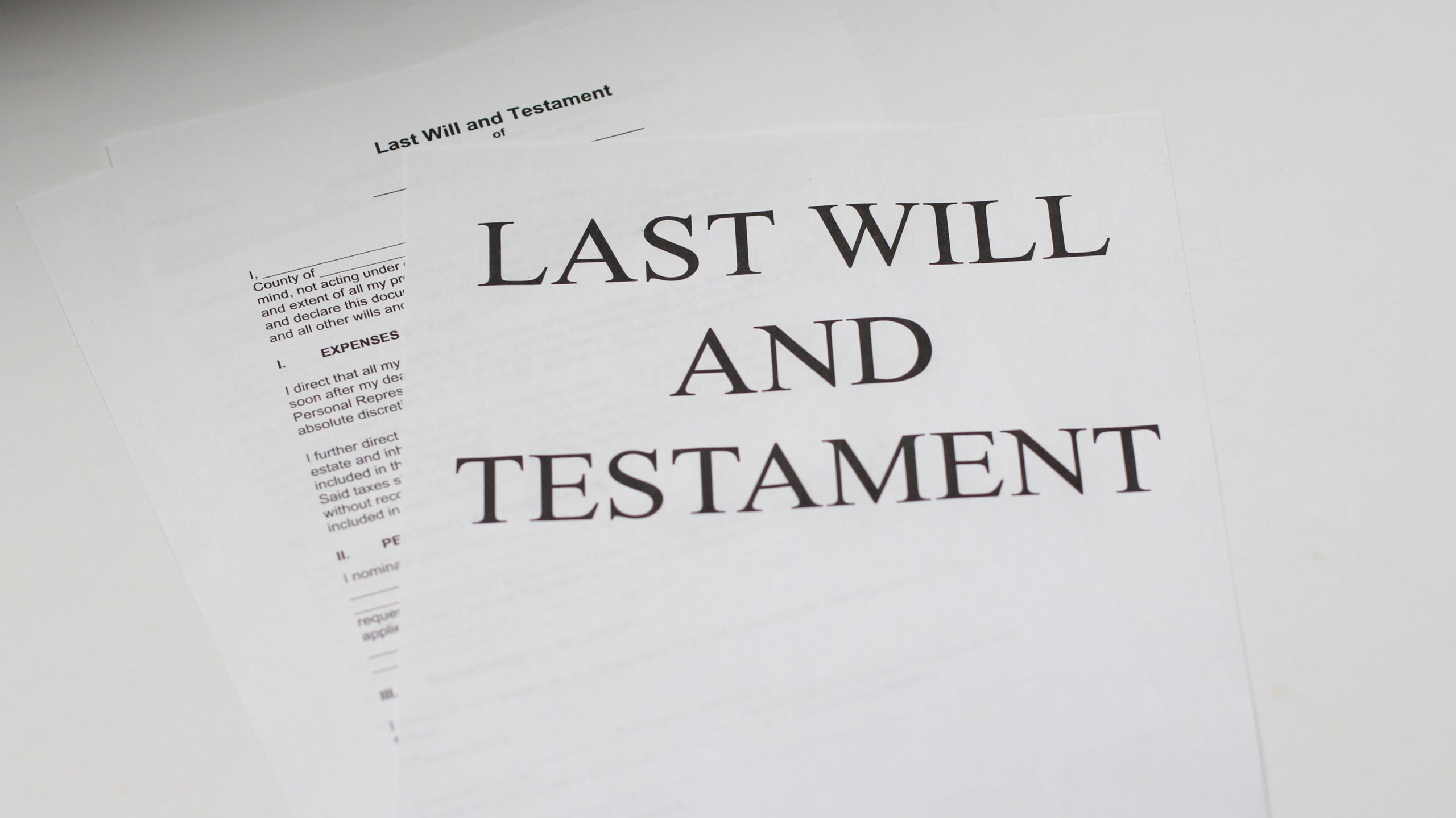Prenuptial agreements, commonly referred to as “prenups,” are contracts signed by individuals who intend to get married. These agreements outline how property and assets will be divided in the event of a divorce, separation or death of one spouse. While prenuptial agreements have traditionally been associated with the wealthy and celebrities, they are becoming increasingly popular among everyday couples. In this article, we will discuss the importance of prenuptial agreements and their benefits.
- Protection of Premarital Wealth
One of the most significant benefits of a prenuptial agreement is the protection of premarital wealth. If you are entering into a marriage with significant assets or property, a prenup can help ensure that these assets remain separate in the event of a divorce. During marriage, your separate assets may become “transmuted,” meaning converted to marital property.
Let’s say that before getting married, a spouse owns a house that is solely in their name, and they continue to pay the mortgage and all expenses associated with the property after the marriage. During the marriage, the other spouse contributes to the mortgage and other expenses by making monthly payments.
In this case, the separate property (the house) may become transmuted to marital property because of the contributions made by the other spouse towards the mortgage and other expenses. The contributions by the other spouse could be considered as an effort to build equity in the house, thus changing the character of the property from separate to marital.
If the couple decides to get a divorce, the house may now be subject to division as a marital asset, and the spouse who initially owned the house may be required to share the equity in the property with their former spouse. However, a prenuptial agreement can help avoid this situation by clearly defining which assets are considered separate property and which assets are considered marital property, regardless of how the contributions were made.
2. Protecting Retirement Benefits
Retirement benefits, such as 401(k) plans, pensions, and IRAs, are often considered marital property and are subject to division during a divorce settlement. With a prenup, you can outline how retirement benefits will be divided in the event of a divorce, ensuring that both parties receive their fair share without jeopardizing the retirement savings of either spouse.
In addition, a prenup can help protect against the loss of retirement benefits in the event of a spouse’s death. Without a prenup, retirement benefits may be inherited by a surviving spouse, potentially leaving children or other beneficiaries without their rightful share. A prenup can outline how retirement benefits will be distributed after a spouse’s death, ensuring that beneficiaries receive their fair share and that retirement savings are protected.
*Note, retirement waivers in the prenup become binding after an additional waiver is signed after marriage because only a spouse has the right to waive retirement benefits.
3. Protection for Children from a Prior Marriage
If you have children from a prior marriage, a prenuptial agreement can help protect their inheritance rights. A prenup can outline how assets will be divided in the event of your death, ensuring that your children receive their fair share of your estate. Without a prenup, your assets may be divided according to state laws, which may not reflect your wishes.
4. Protection Against Creditors
Another advantage of a prenuptial agreement is protection against creditors. If one spouse has significant debt (such as student debt) creditors may try to collect from marital assets in the event of a divorce. A prenup can outline which assets are considered separate property and cannot be used to pay off a spouse’s debt.
5. Protection of Premarital Business Interest
Prenuptial agreements are especially important for entrepreneurs and business owners. If a spouse owns a business before marriage, the business may be considered separate property. However, without a prenup, the value of the business may still be subject to division in a divorce settlement.
A prenuptial agreement can help protect premarital business interests by outlining how the business will be valued and divided in the event of a divorce or death. For example, the prenup could stipulate that the non-owner spouse is not entitled to any ownership interest in the business, but instead will receive a fixed sum of money or other assets as compensation for waiving their rights to the business. Alternatively, the prenup could provide for the transfer of ownership of the business to a trust or other entity to protect the business interests of the owner spouse.
In conclusion, a prenuptial agreement can provide important protections for individuals entering into a marriage. By outlining how property and assets will be divided in the event of a divorce or death, a prenup can help protect premarital wealth and ensure that children from a prior marriage receive their fair share of an estate. Additionally, a prenup can protect against creditors and personal legal liability. Prenups are a useful tool for those who want to protect their assets and ensure a fair settlement in the event of a divorce.
Contact ELP to determine whether a prenuptial or a postnuptial agreement is right for you!







